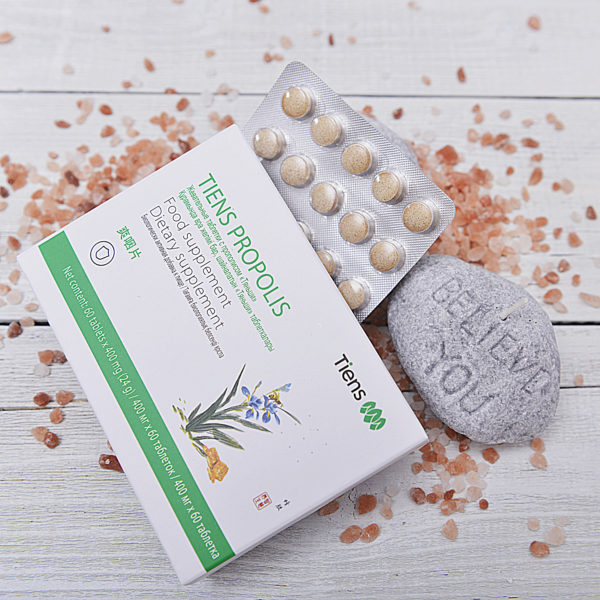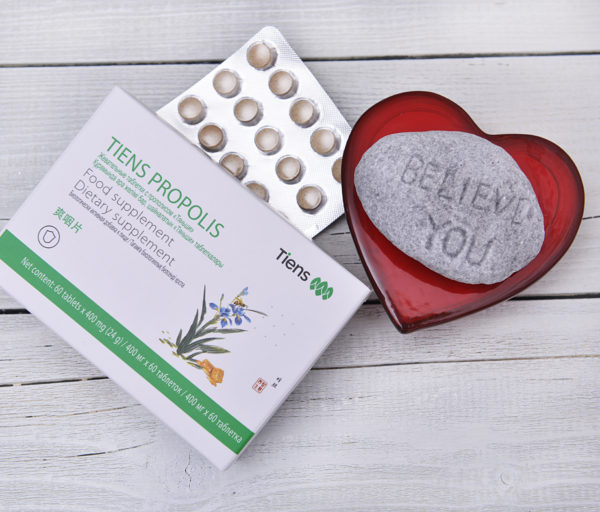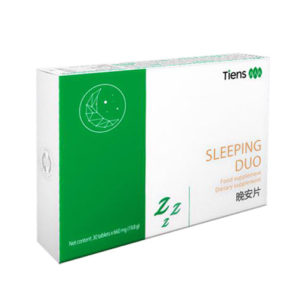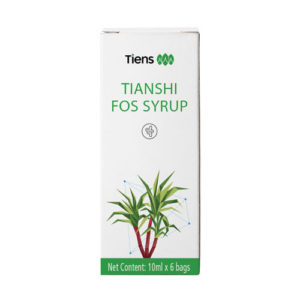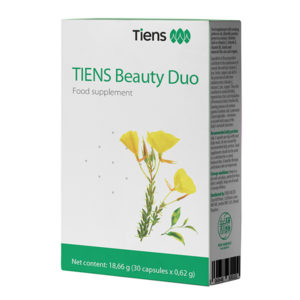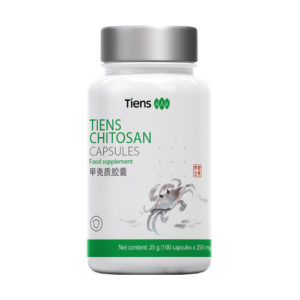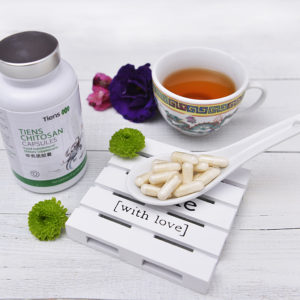Propolis is a resin mixture of plant resins collected by bees from the buds of certain plants and trees such as poplars, birches or horse chestnuts. The buds of these plants are covered by a substance protecting them from bacteria, mites, fungi and insects. Bees make use of the properties of the collected resins by covering with them the elements of the beehive, insulating it but also disinfecting – by mummifying – the bodies of dead vermin that invaded the hive and which, due to their size, could not be removed. The medicinal use of propolis by man has its roots back in ancient times.
TIENS Propolis
Honey is the not the only perfect fruit of bees’ labour. These extremely beneficial insects produce also bee glue known as propolis. Propolis was used even by the ancient Egyptians, Greeks and Assyrians, most often as a wound-healing substance, a booster of the immune system and for ailments of the digestive tract.
Propolis contains several hundred diverse chemical compounds. Depending on its origin proportions of the substances may vary. Generally, propolis contains: resins, plant waxes and beeswax, essential oils, proteins, microelements (copper, silicon, manganese, magnesium, zinc) vitamins of the B, E, H, P groups. All these elements and compounds contribute to the health benefits of propolis.
Agrimony (Agrimonia eupatoria) has been widely used in natural medicine for hundreds of years. It contains, among others, flavonoids, tannins, essential oils, vitamin K. Contemporary research has proved that water-alcohol and water extracts from this plant supports the natural defence of the body and increases the resistance of the organism. Vitamin C contributes to the protection of cell constituents from oxidative damage, supports the normal function of the immune system and faciliates the reduction of tiredness and fatigue.



